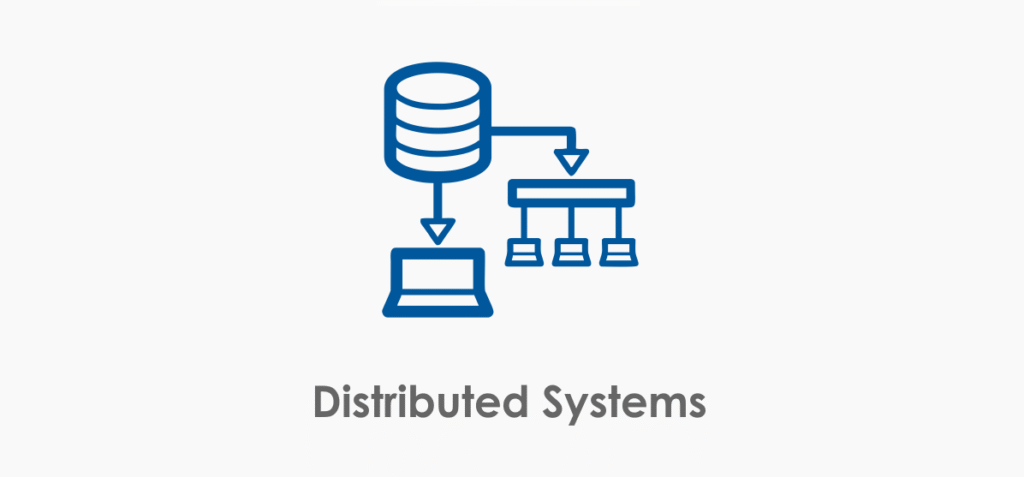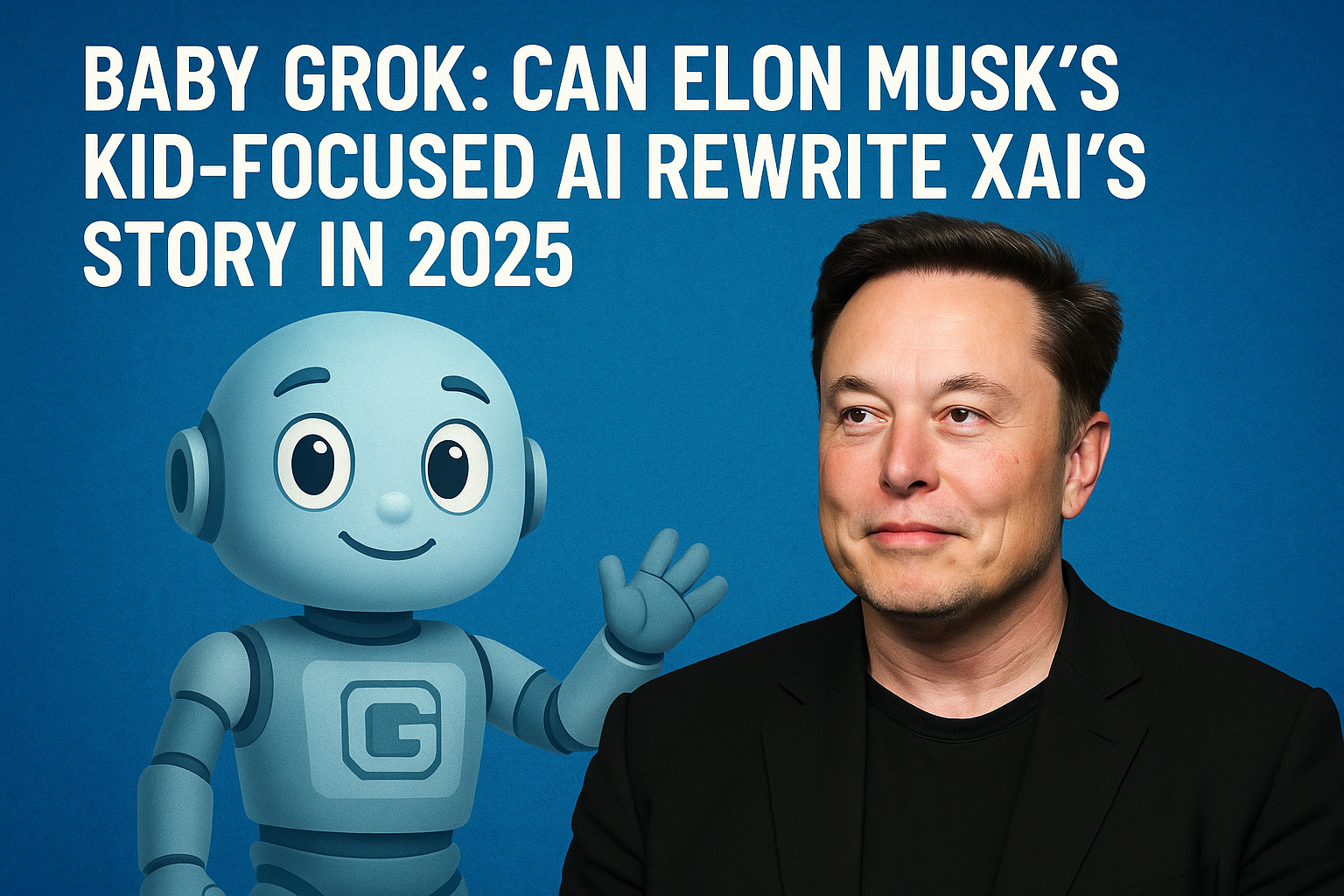In today’s tech-driven world, computer engineering stands tall among the most dynamic and future-proof fields. From artificial intelligence to cloud computing, the opportunities are vast, but so are the academic challenges. For students entering this field, understanding which subjects are the toughest (yet most important) is critical.
Some courses not only demand a great deal of mental effort and logical thinking but also lay the groundwork for everything a computer engineer might build in the future. This blog explores eight of the most difficult computer-related courses that engineering students often face, and why mastering them is worth the effort.
1. Data Structures and Algorithms (DSA)

What Makes It Challenging:
This course forms the heart of Computer programming and problem-solving. Students must learn how data is stored, accessed, and processed using structures like linked lists, trees, stacks, and heaps. It’s not just about theory, real success lies in writing optimized code under time and space constraints.
Why It Matters:
Whether it’s cracking coding interviews, building software applications, or competing in hackathons, a deep understanding of DSA is a must-have skill for any computer engineer.
2. Operating Systems
What Makes It Challenging:
An operating system is what makes your computer actually usable. The course dives into how processes run, how memory is allocated, and how files and devices are managed. The difficulty lies in its abstract nature and the need to grasp both hardware and software concepts simultaneously.
Why It Matters:
Understanding how operating systems work is essential if you plan to build applications, work with embedded systems, or go into systems-level programming.
3. Computer Networks
What Makes It Challenging:
This subject covers how devices communicate over various types of networks, from local connections to the global internet. Students must understand multiple layers of protocols, data transmission methods, error handling, and routing strategies—all of which require detailed attention.
Why It Matters:
Networking knowledge is foundational for roles in cybersecurity, backend development, and network architecture.
4. Compiler Design
What Makes It Challenging:
Designing a compiler involves breaking down code written in a high-level language into something a machine can understand. It requires knowledge of formal grammars, syntax trees, code generation, and optimization. This course is heavy on theory and often feels abstract to students.
Why It Matters:
If you’re interested in programming languages, development tools, or improving code efficiency, this subject gives you the core insight needed to do so.
5. Artificial Intelligence and Machine Learning

What Makes It Challenging:
AI and ML aren’t just buzzwords, they’re grounded in deep mathematical and statistical principles. The challenge lies in understanding algorithms like neural networks or decision trees, tuning model parameters, and handling large datasets effectively.
Why It Matters:
These skills are in high demand across industries such as finance, healthcare, automation, and e-commerce. The ability to design intelligent systems is fast becoming a core engineering asset.
6. Cryptography and Network Security
What Makes It Challenging:
This course blends complex math with real-world Computer applications. Students must study encryption techniques, digital signatures, hashing, and secure communication protocols. Concepts such as public key infrastructure and advanced encryption can be difficult without a strong mathematical background.
Why It Matters:
With increasing cybersecurity threats, the ability to design and understand secure systems is a crucial asset for modern engineers.
7. Theory of Computation (TOC)
What Makes It Challenging:
TOC deals with the fundamentals of computation itself, what problems can be solved with algorithms and how efficiently. It explores finite automata, regular languages, Turing machines, and complexity classes. The subject is highly abstract and deeply mathematical.
Why It Matters:
For those looking to dive into research, algorithm development, or understanding the very limits of computing, this course is foundational.
8. Distributed Systems

What Makes It Challenging:
In distributed systems, multiple machines work together to complete tasks, often across different locations. Concepts such as concurrency, fault tolerance, distributed file systems, and consensus mechanisms are complex and require a strong grasp of networking and system design.
Why It Matters:
The modern internet relies heavily on distributed systems, from cloud services to blockchain. This course is essential for aspiring architects of scalable, fault-tolerant systems.
While these courses are undeniably difficult, they are also some of the most rewarding. They form the intellectual toolkit of a capable computer engineer. Mastering them requires dedication, consistent practice, and sometimes, a bit of failure along the way. But the outcome is worth it.
Here are a few tips to succeed in these tough subjects:
- Start early: Build programming logic and mathematical reasoning from the first year.
- Practice regularly: Coding platforms like LeetCode, Codeforces, or HackerRank can sharpen your DSA and algorithms.
- Learn by doing: Don’t just read, build small projects, write your own compilers, or simulate operating systems.
- Join peer groups: Learning complex subjects becomes easier when you discuss and solve problems with others.
- Use online resources: Courses from MIT, Stanford, or platforms like Coursera and edX can provide valuable insights and practical exposure.
The road may be steep, but it’s also incredibly exciting. These challenging courses open doors to innovation, research, high-paying jobs, and even entrepreneurship.
So, if you’re an engineering aspirant with an interest in computers, don’t shy away from these subjects, run toward them. They are the building blocks of the digital world you’ll one day help shape.
If you found this information helpful, don’t forget to subscribe to Zealimpact.com. We’ll keep bringing you more Jobs and career-related Blogs like this one. Your support is our strength.
If you found this information useful, don’t forget to share it with your friends and family.





















